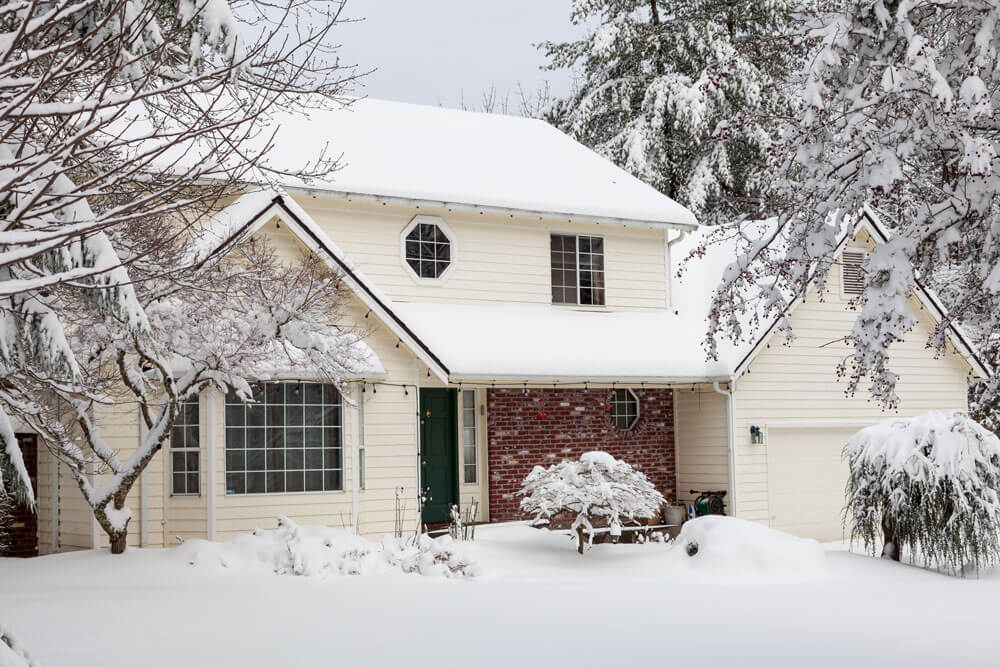Keeping Rental Properties Safe from Winter Weather Hazards
October 12, 2022
Winter months bring more than just chilly temperatures and shorter days; they also have the potential to deliver winter storms that might blanket the landscape in snow and ice. While it may be a winter wonderland for some, as a rental property owner, snow and ice buildup can be quite the headache.
If you deal with residential property, you’re responsible for the side effects of winter. In legal terms, snow and ice are the same as any other hazard presented on a property, and just like any other hazard, property owners can be held liable if they cause injury.
To avoid litigation resulting from winter hazards, you must be vigilant in your snow and ice removal efforts.
Identifying and Avoiding Winter Hazards
Winter brings a variety of hazards that you need to prepare for; slips and falls are by far the most common injury associated with winter weather conditions. Diligent snow and ice removal can go far in keeping walkways and driveways safe. It’s best to remove snow quickly and salt regularly to keep ice from building up.
But not all winter hazards are on the ground. Icicles can result in significant injury if they fall on someone below. Icicles and snow accumulation should be removed as soon as possible. If it still seems to pose a risk, think about diverting foot traffic away from the area.
You can prepare for winter storms by performing preventative maintenance in the summer and fall.
How to Transfer Responsibilities to Your Tenants
For smaller residential rentals, such as single-family homes or duplexes, the responsibility for snow and ice removal is commonly accepted by the tenant. To make sure responsibility is established in this situation, the lease should include a provision citing the tenants as responsible for any snow and ice removal. This section of the lease should also establish how long after a snowfall the tenant has to clear public areas such as sidewalks. It’s important to be as specific as possible to avoid any unnecessary disputes with difficult tenants.
Contracting Snow Removal
Based on the size and number of properties you manage and the average snowfall in your area, you may be inclined to contract out snow removal to an independent company. While this can save you the time and costs associated with managing snow removal yourself, you must choose wisely to avoid complicating matters.
First, make sure the contractor has sufficient resources to meet your demands. Second, make sure the company you hire carries the necessary insurance coverage for both its operations and employees. The last thing you want is to end up being liable for a worker’s injury on your property!
It should be noted that hiring a removal service doesn’t absolve you of liability. If the company you hire provides poor service or simply doesn’t show up, you’re still responsible for any injury resulting from a winter hazard. Make sure to pick a reputable company that you can trust to do a good job, and always have a plan of action for removal if they’re unable to complete the work as quickly or effectively as you require.
Bottom Line
For additional questions on your risks and exposures, or rental property insurance quotes to protect you from liability or costly disputes, contact Property Insurance HQ today.
For a list of the most landlord friendly states 2022, refer to our blog post.
Get a Quote Here
